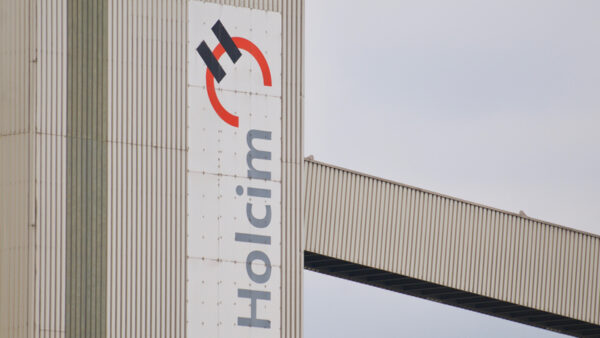Struggling UK contractor Carillion is reported to be locked in a “£200m row” over cashed owed on a major contract in Qatar linked to the 2022 FIFA World Cup.
Carillion has not been paid for nearly a year for work on a $650m (£493m) contract it won in a joint venture with a local firm on part of the $5.5bn Msheireb Downtown redevelopment of central Doha, City A.M. reports, citing a “well-placed source”.
Executives from Carillion, whose shares plunged after announcing an £845m writedown in July, have been travelling to Qatar every month to try and persuade Msheireb Properties to pay up.
Msheireb Properties is a subsidiary of the Qatar Foundation, founded by the gas-rich country’s ruling family.
City A.M. reported that “it is understood Msheireb claims Carillion instead owes it a sizeable amount for failing to fulfil contractual obligations”.
Carillion has previously said it will pull out of Middle-East construction contracts.
City A.M. notes that the £200m overdue exceeds Carillion’s £190m market capitalisation, 80% of which has been wiped away since the start of the year.
The debt is believed to fall into the £845m written off by the firm in July, meaning the recovery of any amount from Msheireb would boost the firm’s financial position substantially.
A spokesperson for Carillion told City A.M.: “‘The contractual positions between Carillion and its customers are commercially confidential.”
Image: Construction underway at the $5.5bn Msheireb Downtown redevelopment of central Doha (Msheireb Properties)
Comments
Comments are closed.







It is a sign of development.
I do wonder how a huge successful and prestigious company like Carillon managed commercial risk on this project to prevent escalation of debt. Surely a robust underpinning contract arrangement alongside similarly robust commercial risk mitigation measures on bidding for this client would ensure that the debt levels would not escalate to that level and undermine the business trading health as it has. Similarly good sound contract arrangements also ensure contract performance is sufficient clarity to prevent escalating non-performance and non-payment.
Many international construction companies and consultancies do not understand the differences in risks between countries in the GCC Construction markets and having completed projects in one jurisdiction subsequently enter surrounding markets with little or no appreciation of small diffetencrs in risk which have large and sometimes fatal consequences.
A very different approach is required to successfully deliver projects in Qatar – had the risks been properly identified a very different management approach and pricing structure would have led to a different outcome.
Sadly successive decisions and a failure to understand the risks at the highest level in companies lead to a failure in effectively managing the risks with obvious consequences.